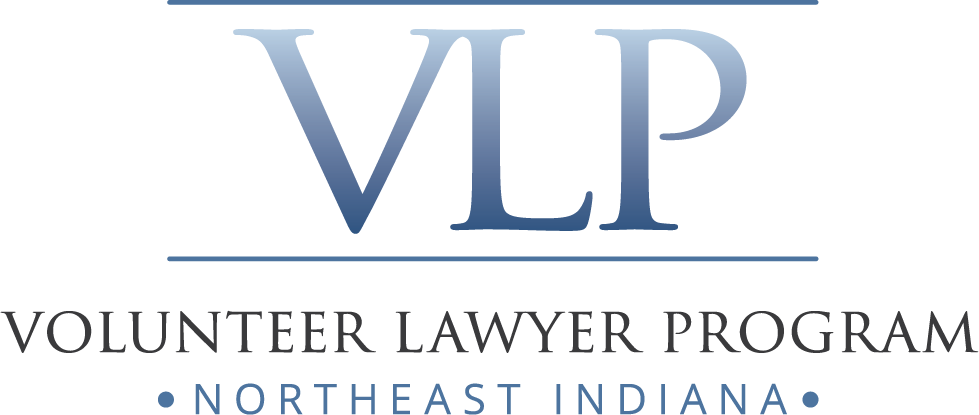Pro Bono is the delivery of professional legal services, without expectation of compensation from the outset, on behalf of persons of limited means, or in furtherance of a charitable, religious, civic, educational, artistic or similar nonprofit, public interest.
Why Volunteer
Volunteer Attorneys Empower the Powerless
- Lawyers and the Administration of Justice – Why do Pro Bono?
- We live in a time of unprecedented need for quality legal representation for low-income clients in critical matters.
- We are the stewards of our justice system.
- It is what good lawyers do throughout their careers.
- Lawyers have a special responsibility for the quality of justice and to ensure access to the justice system.
- Lawyers have special training, skills and knowledge.
- State has granted lawyers a license to practice law — a privilege, not a right.
- Lawyers have an ethical responsibility to provide pro bono legal assistance to those unable to pay.
- Rules of Professional Responsibility/Conduct in Indiana codify this responsibility.
- Access to Justice
- Civil legal services are provided to low-income persons through a network of publicly and privately funded legal services organizations such as the Volunteer Lawyer Program of Northeast Indiana, bar associations, law schools, other nonprofit organizations, private attorneys and the courts.
- Who is Eligible for Legal Assistance?
- 57 million persons — approximately one in six Americans – qualify for legal services because they live at or below 125 percent of the Federal Poverty Guidelines.
- An additional 44 million persons qualify as low-income clients for civil legal aid programs because they live between 125 percent and 200 percent of the Federal Poverty Guidelines.
- Together, these 101 million persons represent 31.7 percent of Americans.
- 70 percent of clients seeking civil legal aid are women.
- Some other benefits of your service, while not the reason to do pro bono, include:
- I will advance my professional development and career.
- I will develop specific professional skills.
- I will enhance my professional reputation in the legal community and with judges.
- I will have leadership opportunities.
